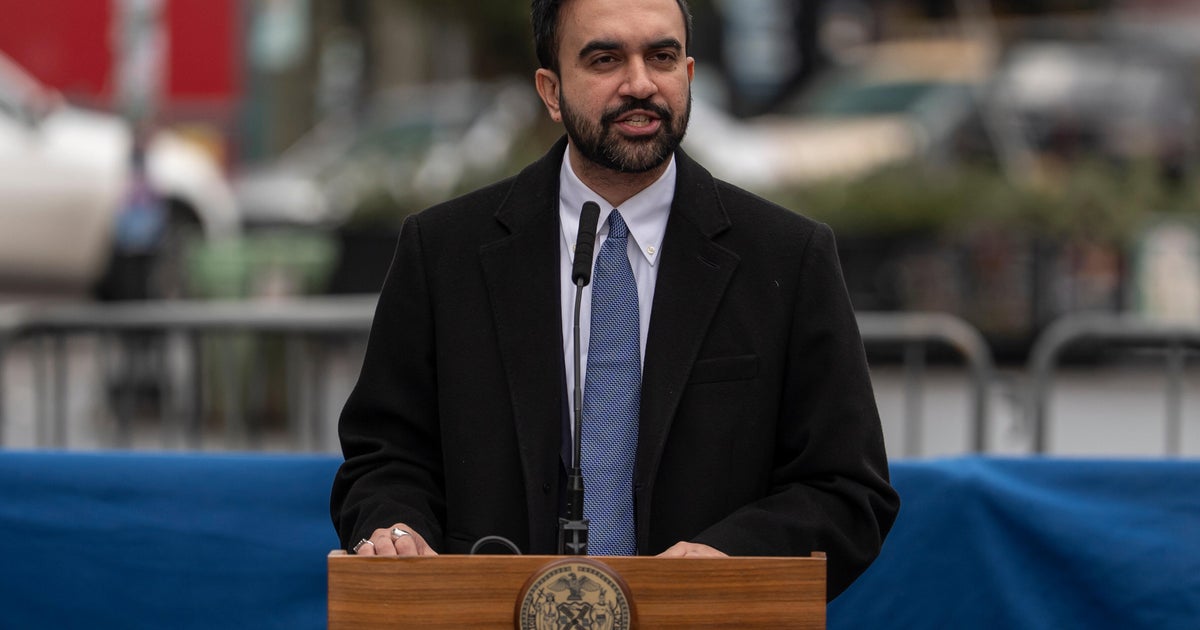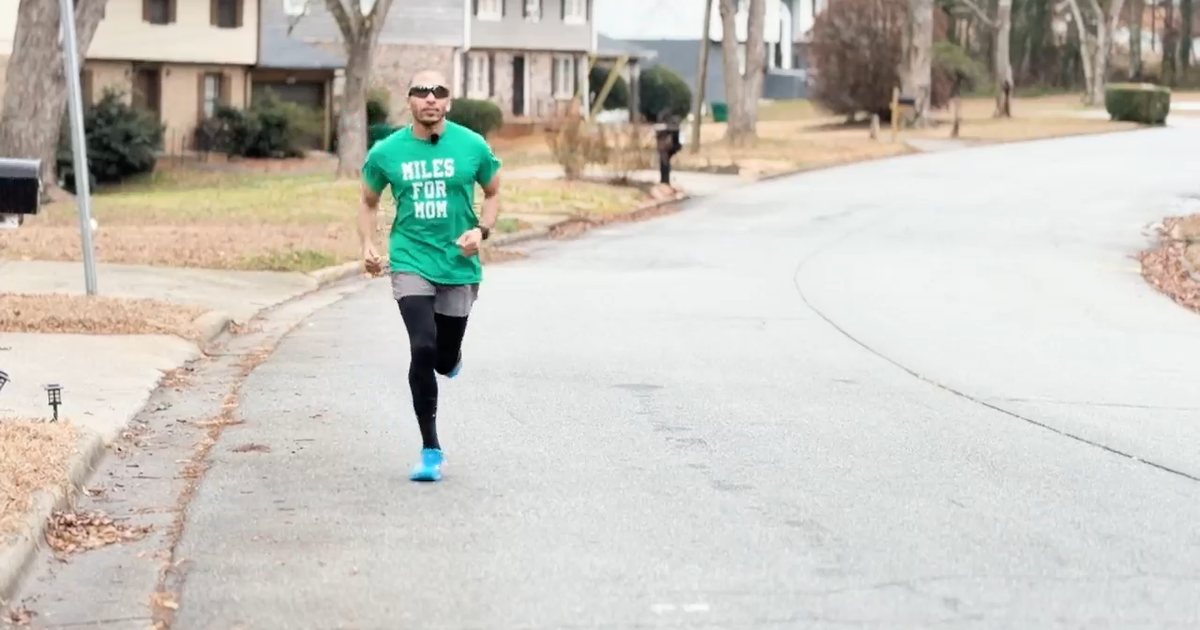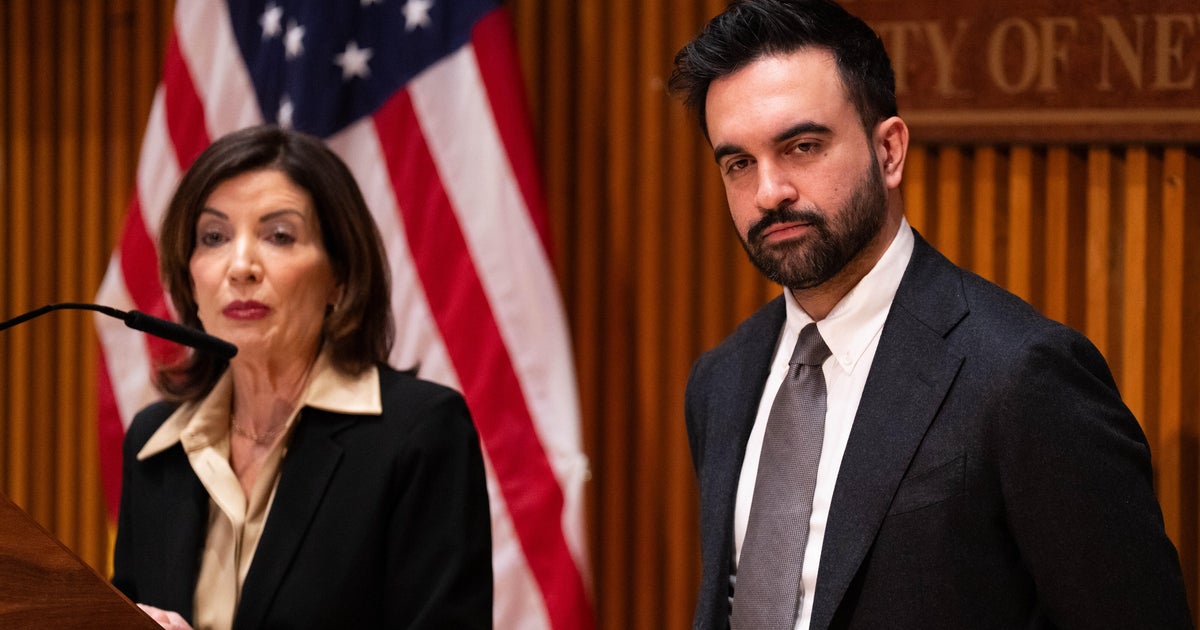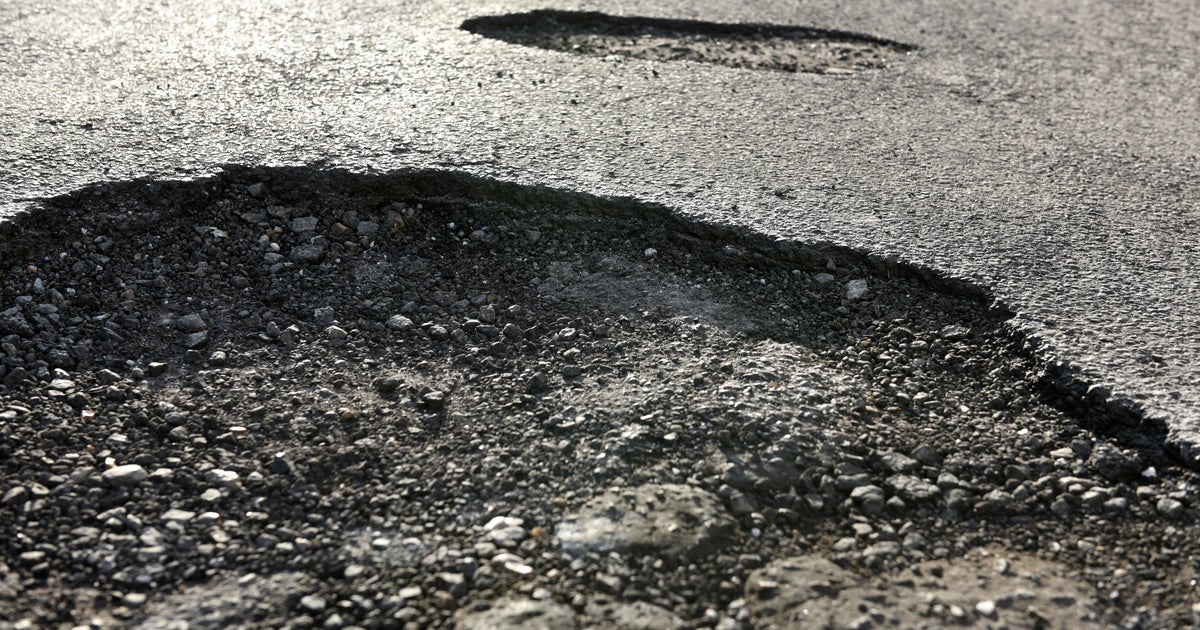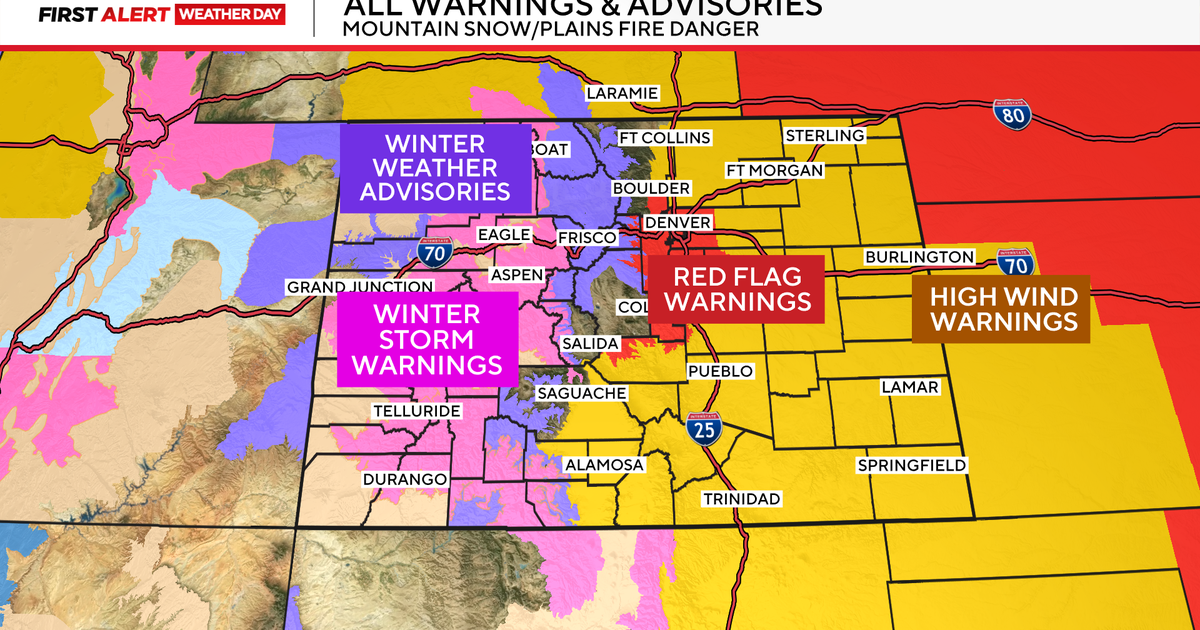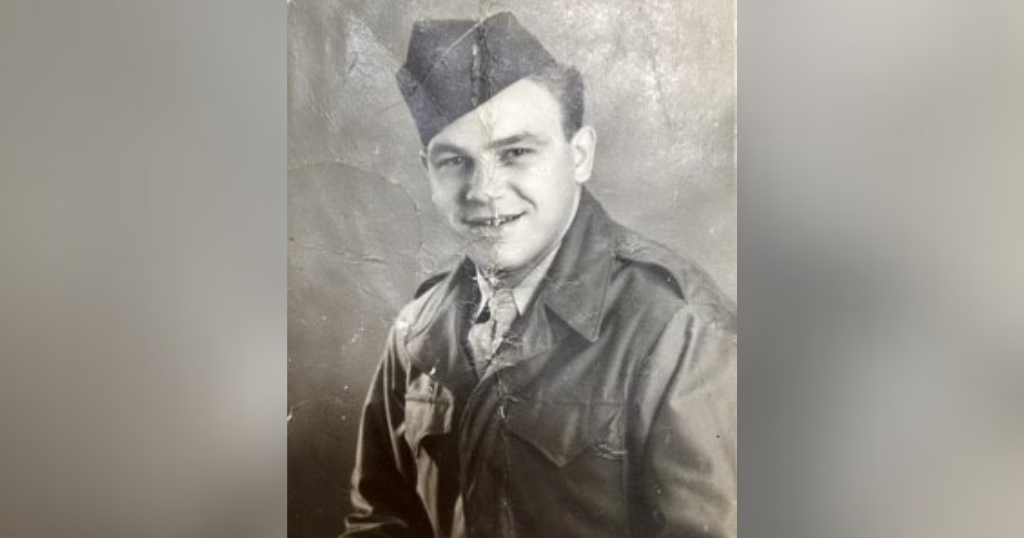New Jersey Gov. Christie Wages War Against Opioid Addiction
TRENTON, N.J. (CBSNewYork/AP) -- As his time as governor draws to a close, Chris Christie is unleashing an all out war against opioid addiction.
Christie on Tuesday unveiled a series of recommendations from a state commission that address education, intervention, prevention, and recovery.
"We're losing thousands of people every month to addiction across America," Christie said. "I'm encouraged though now that there is nationwide attention that's focused on the effort to eliminate the stigma of addiction and address it like the disease that it is."
EMTs will now carry double the dose of the opioid antidote naloxone because the potent synthetic fentanyl is causing more and more overdoses.
The antidote is capped at 2 milligrams under current regulations but officials report they need 4 milligrams to successfully revive people from fentanyl overdoses, Christie said.
New Jersey will expand the deployment of recovery coaches who help overdose survivors as soon as they regain consciousness.
He said the changes wouldn't likely require legislation and he expects most of them to be done administratively. He said he doesn't expect them to carry any cost beyond the roughly $200 million in anti-opioid initiatives he rolled out in September.
The 26-page report stems from a January executive order declaring opioid addiction a public health crisis. Its members included state Cabinet officials and was chaired by Charles McKenna, who is the CEO of New Jersey's Schools Development Authority and a former chief counsel to Christie.
Christie also expressed frustration that President Donald Trump has not yet declared opioid addiction a national emergency, but he explains the White House has told him there might be some unresolved legal issues.
Trump appointed Christie to chair his opioid commission, whose signature recommendation was an emergency declaration.
The commission contends the declaration is needed to empower the Cabinet to address the crisis and force Congress to focus on funding agencies to address overdose deaths. Trump already has said the crisis amounts to an emergency, but the White House has described the declaration usually reserved for natural disasters as an "involved process.''
The commission estimated about 142 deaths each day from drug overdoses mean the death toll from the epidemic is "equal to September 11th every three weeks." The U.S. Centers for Disease Control and Prevention found that in 2015, they killed more than 52,000 Americans.
(© Copyright 2017 CBS Broadcasting Inc. All Rights Reserved. The Associated Press contributed to this report.)
